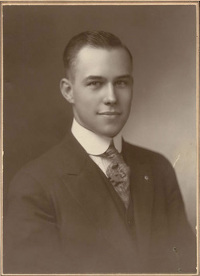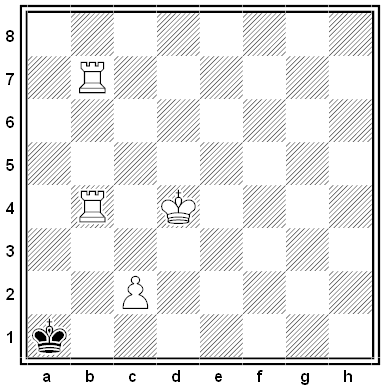
The Battle of the Somme saw the advent of a frightening new engine of war. “A man came running in from the left, shouting, ‘There is a crocodile crawling in our lines!'” recalled one German infantryman. “The poor wretch was off his head. He had seen a tank for the first time and had imagined this giant of a machine, rearing up and dipping down as it came, to be a monster. It presented a fantastic picture, this Colossus in the dawn light. One moment its front section would disappear into a crater, with the rear section still protruding, the next its yawning mouth would rear up out of the crater, to roll slowly forward with terrifying assurance.”
Interestingly, the first tanks came in two varieties, “male” and “female.” Males weighed a ton more and bore a cannon that the females lacked; early writers referred to “adventurous males,” “determined males,” “all-conquering females,” and “female man-killers.” Eventually the two merged into one standard design … called a hermaphrodite.
(From Peter Hart, The Great War, 2013. Thanks, Zach.)










